11 Inspiring Puerto Rican Women colonial history books don’t teach us about!
The history books have continuously omitted Latina, Black, and Puerto Rican women who fought the wave of injustice repeatedly.
History has been nothing short of patriarchy. While pages are filled with venerated ‘white men’ who are adorned as heroes, women and most notably women of color have been left out of the history lessons. More often, their accomplishments and struggles are credited to their spouses or a male group that they were a part of.
But the role that these strong women played in history, particularly, American history cannot be overlooked. As we celebrate Women’s History Month in March, we remind and urge you to honor every day, the contributions of the strong women from Puerto Rico who made a stand and fought for what they really believed in.
Puerto Rico has always existed in its own cultural spectrum but has continuously received step-motherly treatment from the United States despite being a territory. The Island has seen several great individuals rising up and making their voices echo throughout the world.
The Puerto Rican independence struggle in the mid 20th century included many brave acts from women like Lolita Lebrón and Blanca Canales. They were just as exemplary as the leader Albizu Campos.
For LSC Swag, these courageous struggles echo in our sustainable clothing line. We provide everyone with an opportunity to speak out on issues from our unapologetic clothing line.
We are on a mission to ensure that every individual gets a voice to bring light to their struggles, support causes that are important, be empowered and unite people.
Here are 11 such inspiring women from which LSC Swag draws inspiration everyday for its sustainable clothing line from the heart of Puerto Rico. These strong women help us believe we can all be agents of change!
1 — Dolores “Lolita” Lebrón Sotomayor (1919- 2010)

Known popularly as Puerto Rico’s mother, the iron lady Lolita dedicated all her life fighting for Puerto Rico’s independence and sovereignty.
Taking her fight to where it mattered the most, she moved to New York City to pursue her vision of an independent state in 1941 at just 18.
Lolita is known for leading the armed U.S. Congress attack on March 1st, 1954 where she iconically waved the Puerto Rican flag, exclaiming “Viva Puerto Rico Libre”. Though never convicted of killing anyone, she spent over 25 years in the women’s prison in Anderson, Virginia as a result of her participation in the protest.
She was later given a pardon in 1979 by then-president Jimmy Carter. She also played a very impactful role in the fight towards the evacuation of the American Military Base in Vieques.
2 — Sylvia del Villard (1928–1992)
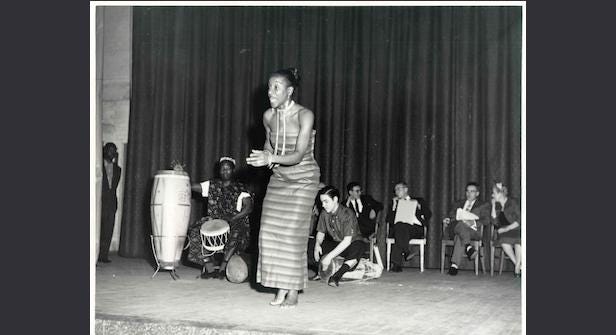
A celebrated Afro-Puerto Rican activist, dancer, and actress Sylvia was described as one of Afro-Puerto Rican culture’s most outstanding spokespersons.
Sylvia was one of the unsung creative and confident pioneers that paved the way for many more individuals to pursue a career in arts. Having completed her college degree at the University of Puerto Rico, De Villard made it back to the US to pursue a dancing career.
She later pioneered the Teatro Afro-Boricua El Coqui company. This institution stands among the highest authorities of Black Puerto Rican Culture.
A lover of words, she adored the works of the poet Luis Pales Matos, a favorite of Jessica Muñoz, founder of LSC Swag.
An artivist until the very end, at the time of her unfortunate battle with lung cancer, she had been working on a cultural project called “Puerto Africa”.
3 — Isabel “la Negra” Luberza Oppenheimer (1901–1974)
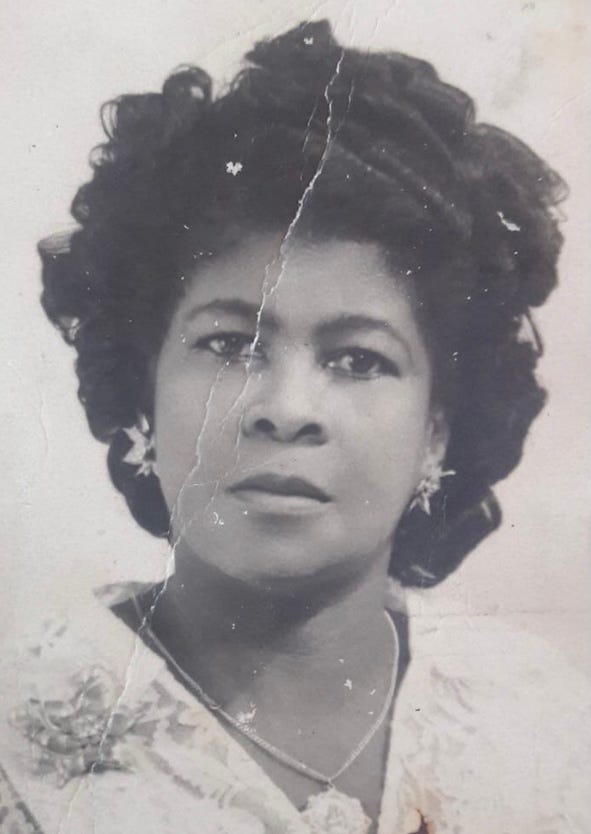
Isabel “La Negra”, born in 1901, came from a family of slaves owned by German descendants, the Oppenheimer’s. After gaining freedom during the abolition period, her family decided to adopt the second name “Oppenheimer”. La Negra, the daughter of a slave and slave owner, became a successful brothel owner who turned her life around in Puerto Rico. At the time, prostitution was tolerated in Puerto Rico, and Isabel started the legendary institution, “Elizabeth’s Dancing Club.”
But, what was commendable was that she started an exclusive sexual health policy that helped both the workers and the wealthy elite who arrived for the services.
She is remembered for her charitable donations to the Catholic church to help those in need. She also took the initiative to organize several events to help poor families fight their way out of poverty.
She was brutally shot dead in 1974 at the age of 72.
4 — Luisa Capetillo Perón (1879–1922)
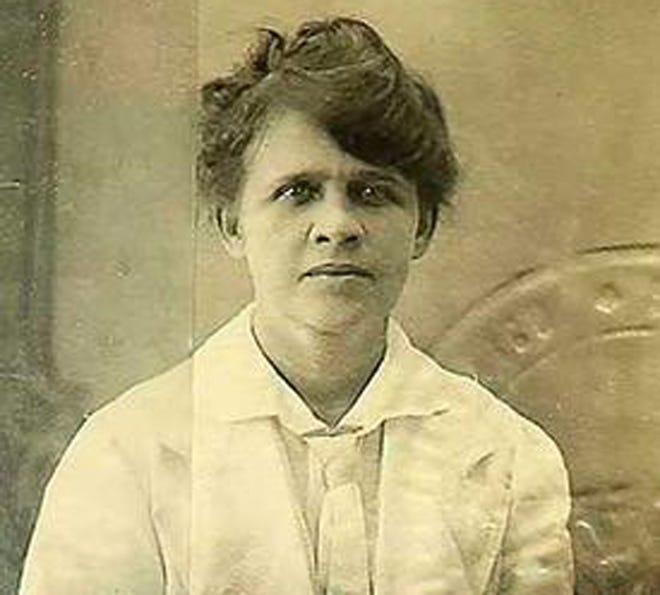
Born in 1879, Capetillo, was a labor leader, writer and feminist. She was a leader of the American Federation of Labor and voiced her opinion on notable causes worldwide.
She was on a continuous battle for equal rights and women’s rights. She began writing essays while criticizing the labor conditions that the tobacco workers were exposed to and advocated women’s rights.
She was famously known for being the first woman to wear men’s clothes publicly in Puerto Rico and in Cuba was deported for it. Her contributions to the labor movements are deeply influential in the passing of a minimum age law in Puerto Rico’s legislatures where wages were increased by 13%.
5 — Julia Constancia de Burgos García (1914–1953)
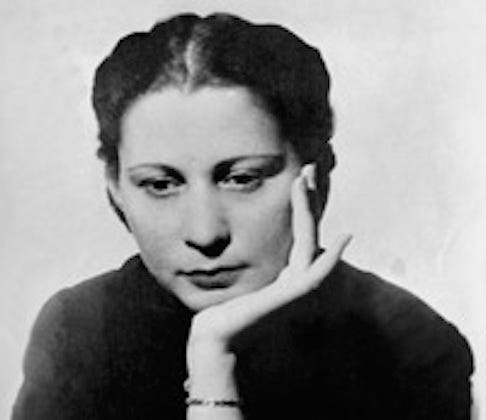
A poet by profession, Julia entered activism in 1936, becoming a member of the Puerto Rican Nationalist Party and was elected as Secretary-General of its women’s branch.
Her writing’s themes were centered around slavery, feminism, love, and U.S. imperialism. She was renowned for her acceptance and acknowledgment of her African lineage in her writing.
Throughout her career, she authored several publications, including “Rio Grande de Loíza”, “Poemas exactos a mi misma” in 1937 and “Poema en veinte surcos” in 1938. Her works received international acclamation, winning the “Instituto de Literatura and Culture Puertorriqueña” poetry prizes in 1939 and 1946.
Following her death, she was celebrated as a UPR honorary doctorate. Later, a 44 𝇍 US stamp was also unveiled in 2010.
6 — Dominga de La Cruz Becerril (1909–1989)
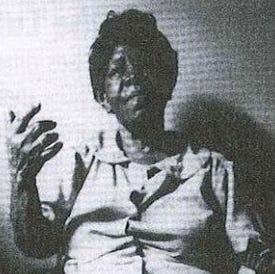
A poet, activist, and seamstress, Dominga, is one of the Heroines of the Nation. She is considered the founder of the Nurse Corps of the Nationalist Party of Puerto Rico, and of being responsible for the nickname “El Maestro” for Don Pedro Albizu Campos.
She is famously remembered by her brave actions during the National Party protests on March 31, 1937 where she risked her life and jumped out of the crowd to grab hold of the Puerto Rican flag preventing it from touching the ground when a fellow protestor was felled by gunfire.
Twenty people who were unarmed and innocent were killed, and another 200 were injured during that protest later dubbing it “El Massacre de Ponce”.
Dominga fled to Cuba as a political refugee and later died in Havana in 1981. Her entire life was spent devoted to the cause of independence of Puerto Rico.
7 — Mariana Bracety (Bracetti) Cuevas (1825–1903)

Born in 1825, Mariana respectfully nicknamed “Brazo de Oro” was the leader of the “Lares’s Revolutionary Council, involved in the struggle for Puerto Rican independence from Spain during the 1860s. Bracetti was instrumental in organizing the insurrection known as ‘El Grito de Lares” and one of the first Puerto Rican women political prisoners.
On September 23rd, an army of 800 took the town of Lares. It declared Puerto Rican independence only to be later stopped by the Spanish military.
Bracetti, along with all of the surviving protestors were imprisoned. The revolutionary flag of Lares which Bracetti designed and knitted was adapted as the Puerto Rican flag until 1892.
8 — Ana Irma Rivera Lassén (1955-)
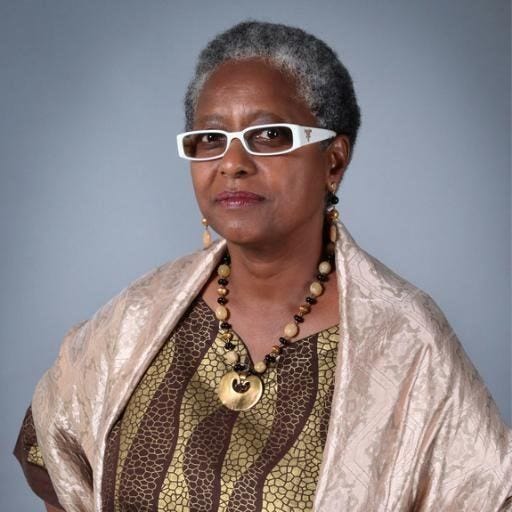
From the yesteryear activists, now we look at great women’s efforts in the current time, and Anna Irma is one individual you cannot miss.
A Member of the Puerto Rican Senate, Ana is an attorney who served as the head of the Bar Association of Puerto Rico from 2012–2014. She is the first black woman and the third female to head the organization.
She is a feminist, a human rights activist, and an LGBTQ activist who is constantly battling out indifferences even in current society. Her legal career was primarily focused on human rights cases, gender violence, and cases involving cultural rights.
Having faced discrimination from the start of her career, she’s determined to ensure that no other individual meets the same fate that she underwent.
Rivera has received several honors for her work and contributions to society. She was recognized as an expert on gender, race, and human rights by the Gender Affairs Division of the United Nations Economic Commission for Latin America and the Caribbean.
In 2003, Rivera was awarded the “Medalla Senatorial Capetillo-Roqué” from the Puerto Rican Senate for her contribution towards women’s rights in Puerto Rico.
9 — Mayra Santos-Febres (1966-)
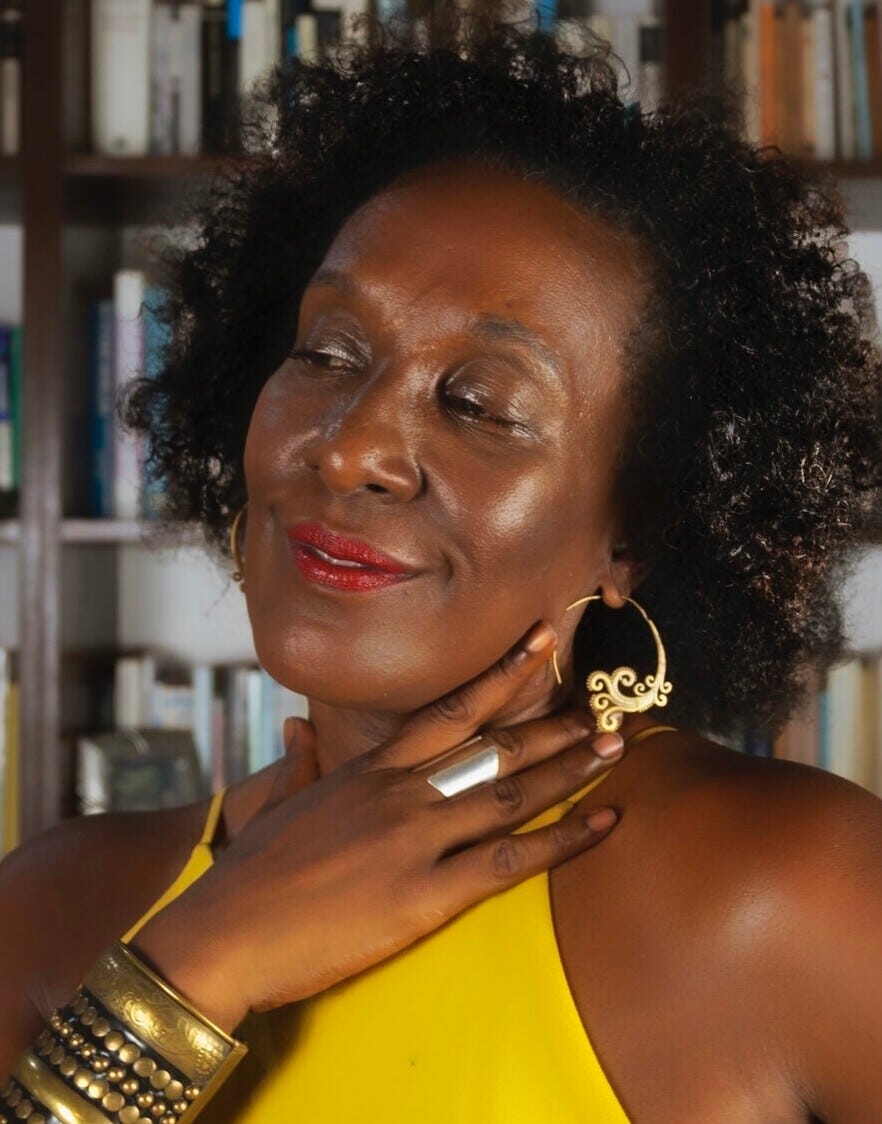
One of the most prolific and influential writers, educator and activists in Puerto Rico, Mayra Santos-Febres, is an award-winning author who is changing literature through her novels and poetry. She is also playing a vital role in curating and augmenting other Puerto Rican writers’ work.
Founder of “Festival de la Palabra” in Puerto Rico, a sadly defunct, deeply missed and needed beautiful literary platform for countless authors to present their works and literary workshops. She completed her undergraduate work at the University of Puerto Rico and currently holds a doctorate and an M. A. from the Cornell University. She has had previous stints as a visiting professor at Harvard as well as Cornell.
She is an inspiration for many in Puerto Rico to pursue their writing aspirations, having won several awards and notable recognition worldwide.
She was awarded a prestigious Mellon grant to develop a new Afro-diasporic Racial Studies Program in Puerto Rico. This is the first of its kind in Puerto Rico. She intends to use this to develop a comprehensive plan for racial and social inclusion for Puerto Rico.
10 — Barbara “Soraya” Santiago Solla (1947–2020)
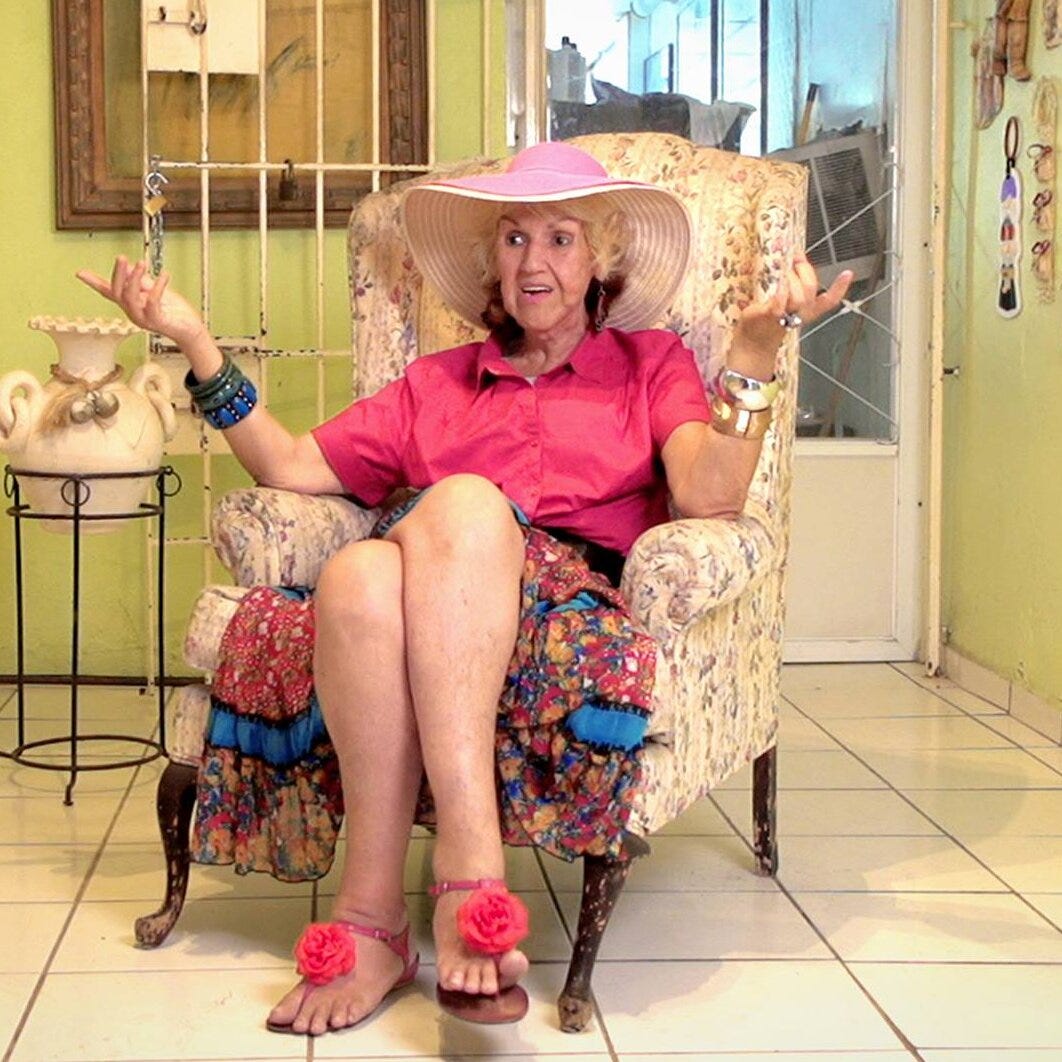
Soraya Santiago Solla was on a journey of her own. Despite several threats and societal pressure, she was determined to take her movement forward.
She was the first in Puerto Rico to change a gender designation on a birth certificate and the first to reveal that she had sex-reassignment surgery.
She remains a source of inspiration to the Puerto Rican trans community hiding in the darkness, afraid to reveal their identity due to social constraints.
Soraya brought in new hope to these beautiful individuals from the earliest of time.
After her return to Puerto Rico in 1974, she created the “Communidad de Orgullo Gay de Puerto Rico”, which provided a safe space for LGBTQ activities during the time.
Her views on trans identity were influential. She refused to describe herself as a transsexual. She identified herself as a heterosexual woman who had corrected her gender dysphoria.
She passed away in September 2020 after battling cancer. At the time of her illness, Santiago had just graduated from the University of Puerto Rico with a political science degree. She was in the process of writing her second memoir.
11 — Gloriann Sacha Antonetty Lebrón (1980-)
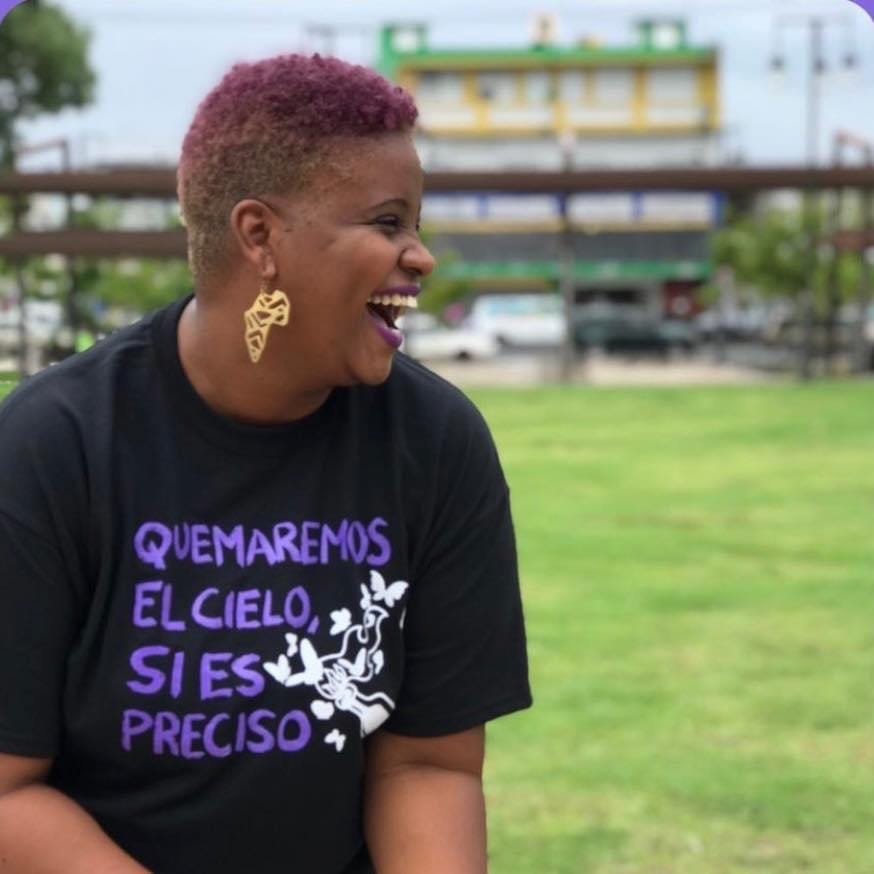
Magazine editor of Revista Étnica, organizer of Colectivo Ilé, poet and artist of Colectivo Afroversiva and percussionist artivist of Prieta Caribe, Gloriann, is aiming to make a big impact and is a must “who to watch” on everyone’s list.
As a way of highlighting the Island’s profound Afro-Latinx influence while attempting to eradicate racism, she pioneered the launching of Revista Étnica, the first magazine of it’s kind in Puerto Rico. This look book of talent, inspiration and beauty is seamlessly centered around anti-racism and Afro-feminism. It’s a life project of hers of which she takes great care.
With the magazine, Gloriann eloquently marries her passion to make connections with words, music and art with her purpose to honor and celebrate the Afro-Latinx community.
Through the biannual magazine, Étnica’s three-person staff and a group of collaborators produce a stunning publication that covers beauty, fashion, entertainment, food, and culture and investigative journalism that looks into the deep-rooted, and largely denied, racism that exists in Puerto Rico.
